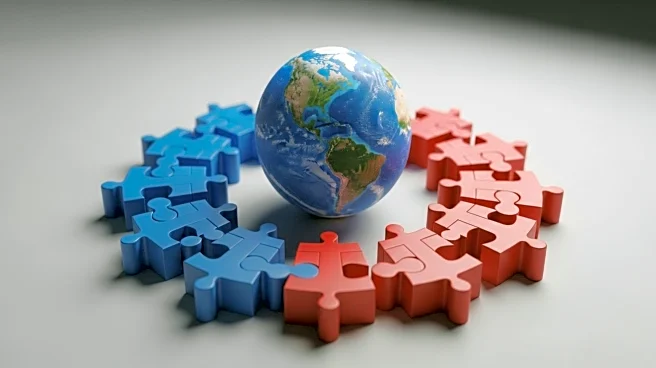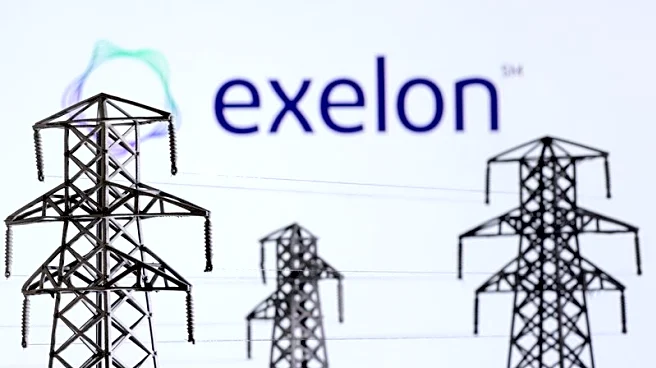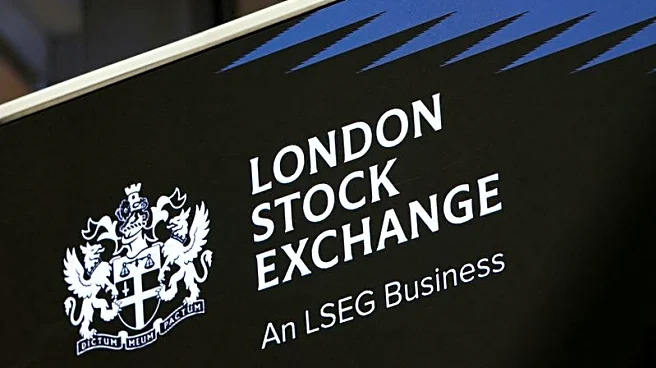What is the story about?
What's Happening?
The UN General Assembly (UNGA) is convening in New York, with world leaders addressing immediate global crises such as the ongoing conflicts in Gaza and Ukraine. The assembly is marked by discussions on the prolonged humanitarian crisis in Gaza, where a ceasefire deal has collapsed, leading to intensified Israeli military operations. Meanwhile, the situation in Ukraine remains tense, with fluctuating diplomatic efforts and military support from the United States. The assembly is also witnessing symbolic moves by countries like France and the UK, recognizing a Palestinian state, which may exacerbate tensions. Concurrently, a summit in Beijing highlighted the strengthening alliance between China, Russia, Iran, and North Korea, posing a challenge to U.S. interests.
Why It's Important?
The developments at the UNGA and the Beijing summit underscore the shifting dynamics in global geopolitics. The CRINK alliance, comprising China, Russia, Iran, and North Korea, is actively shaping global realities in opposition to the United States, with Ukraine as a focal point. This alliance's actions, including military support and economic ties, could influence future conflicts, such as China's potential aggression towards Taiwan. The geopolitical landscape is becoming increasingly complex, with implications for U.S. foreign policy and global security. The outcomes of these discussions could affect international alliances and the balance of power.
What's Next?
The UNGA is expected to continue discussions on Gaza and Ukraine, but significant resolutions are unlikely. The CRINK alliance's activities may prompt the U.S. to reassess its strategic priorities, particularly in the Asia-Pacific region. The potential for increased aggression from CRINK members could lead to heightened military readiness and diplomatic efforts by the U.S. and its allies. The evolving situation may also impact global economic stability, particularly if tensions over Taiwan escalate.
Beyond the Headlines
The strengthening CRINK alliance poses ethical and strategic challenges for the U.S. and its allies. The alliance's actions could lead to a reevaluation of international norms and the role of multilateral institutions like the UN. The geopolitical shifts may also influence global economic trends, particularly in technology and energy sectors, as countries navigate new alliances and conflicts.
















